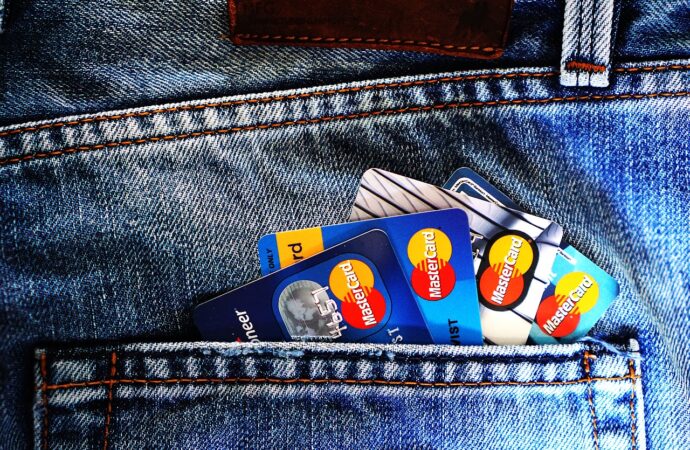Facebook and Apple allow their users to exchange money with one another. Amazon grants loans to its sellers and is about to offer checking accounts to its younger users. Google Pay is the perfect online substitute for our analogical wallet. How long will it take before the GAFA (Google, Amazon, Facebook, Apple) enter the banking club officially? Should commercial banks feel threatened by the big tech companies?
Tech behemoths were able to achieve their predominance in the digital market thanks to the strong bonds they have created with us, their customers. Apple revolutionized the way we listen to music with the iPod and then secured customers’ loyalty spreading into the mobile business with the iPhone. Google exploited its supremacy as a search engine to enrich its offer and tie users to its suite of web-based services (Gmail, Drive, Maps, etc.). Facebook allows us to personalize our news feed, either from selected media or simple friends and relatives. Amazon makes shopping easy and comfortable.
If GAFA have a sort of bond with us, the same can hardly apply to our banks. Providers of retail financial services offer more or less the same products. Rarely do customers identify themselves with their bank and the choice of opening a checking account or taking out a mortgage relies merely on prices.
Where price is the primary (if not the only) determinant to pick a banking product over another and the bond with customers is weak, banks are seriously threatened. Why should customers check each bank’s webpage or visit a number of agencies, when Google or Amazon may easily allow a comparison of checking accounts, loans and mortgages’ prices? Banks risk indeed to become dependent on GAFA’s supremacy in personal data collection and customer profiling. Similarly to news media that underwent a sort of “colonization“ by referral traffic coming from Facebook, commercial banks could experience a comparable fate. Margins and profitability would quickly fall under pressure.
With their huge pool of customer data, financial services are likely to become a profitable business for GAFA. Thanks to their undisputed advantage in leveraging a large amount of data across social media and mobile, purchasing information, and mapping data, GAFA have the ability to provide a highly tailored financial service experience.
Having users’ banking activities at its fingertips, Google could further charge the advertisers. When a sponsored ad on Google leads to an actual purchase, the giant may cash in an even greater share, compared to the pay-per-click system currently in place.
Amazon, likewise, could showcase more suitable products to its users, once their financial profiles are directly inferred from their Amazon checking account. On the other hand, tying sellers to the online platform through a cheap loan programme (Amazon Lending) further consolidates the power of Jeff Bezos’s empire.
Online peer-to-peer payment services, like Facebook Payments and Apple Pay, could swiftly supplant bank transfers and allow their providers to enhance their core businesses. That is, running even more ads and selling more mobiles.
An official entrance of GAFA in the banking world remains nonetheless hazardous. Post-crisis regulation has profoundly modified the financial landscape. The obligation to hold ring-fenced financial branches and capital buffers alone already represents a strong dissuasion for GAFA from becoming fully-fledged banks.
To stem GAFA’s voraciousness, commercial banks will need to grin and bear it: partnerships with new fintech entrants or tech giants are probably unavoidable. But banks can still bring something to the table. A greater focus into specific credit branches, the development of new products on distributed ledgers and the provision of APIs are moves that could help banks to not be devoured by big tech companies. It is up to them not to lose the train of the digital revolution.














Leave a Comment
Your email address will not be published. Required fields are marked with *